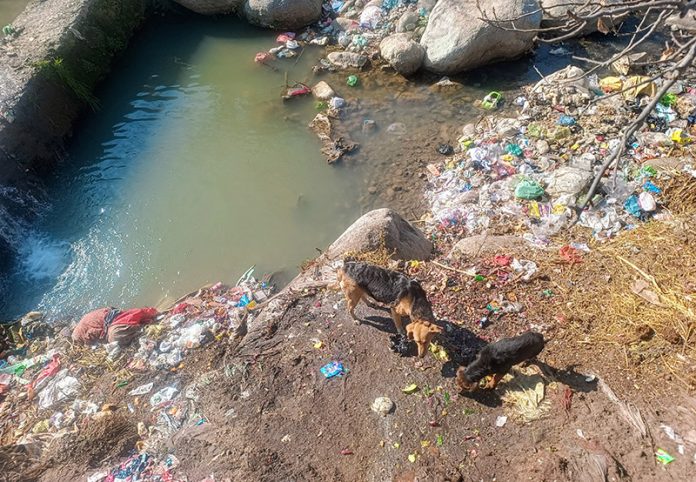The situation in Bhaderwah paints a grim picture of environmental neglect. Once known for its crystal-clear water bodies, the valley now faces a critical water pollution crisis, threatening its natural beauty and the well-being of its inhabitants. The NGT’s recent intervention highlights the severity of the issue. The Jammu and Kashmir Pollution Control Committee admitted before the NGT that Bhaderwah generates 5 tonnes of daily waste yet lacks proper treatment facilities. The inefficiency of the material recovery facility and defunct vermin-composting beds exacerbates the predicament, rendering waste management efforts futile. The committee’s request for additional time to assess the situation underscores the urgency of addressing this crisis. The consequences of inaction are dire. The contamination of water bodies, once a source of sustenance and serenity, is particularly distressing. Uncontrolled waste disposal, including human waste, has polluted Bhaderwah’s sacred rivers and streams like the Neel Ganga and PunejaNallah. These life-giving sources have become stinking “Nallahs,” jeopardising aquatic life and disrupting the entire ecosystem. Once thriving with diverse cold-water fish, these bodies of water are now toxic havens for pollution. This environmental degradation poses a significant threat to public health. Contaminated water can lead to waterborne diseases and other health concerns, impacting the lives and livelihoods of local communities.
The NGT’s intervention presents a crucial opportunity to turn the tide. Section 144, a legal cudgel against polluters, had been imposed along water bodies but the desired effect is missing. The PCC needs to conduct a comprehensive assessment of solid waste management, liquid waste, plastic waste, and construction and demolition debris, followed by a clear roadmap for immediate and long-term solutions. Investing in proper waste management infrastructure, including efficient collection, segregation, and treatment facilities, is paramount. Raising public awareness about responsible waste disposal practices is equally crucial. Additionally, stricter enforcement of environmental regulations and holding polluters accountable are essential deterrents. The Government, communities, and individuals have to work together to reclaim Bhaderwah’s lost paradise and ensure a sustainable future for its people and environment.


